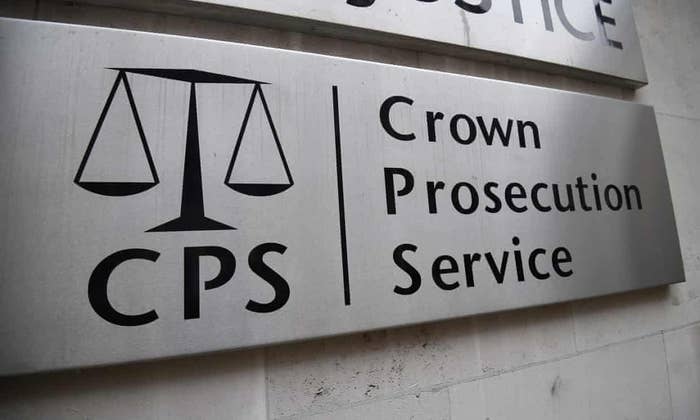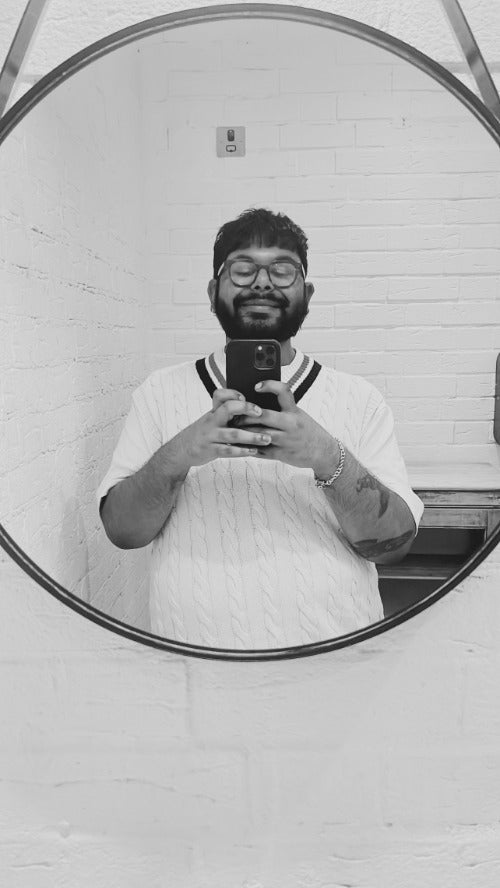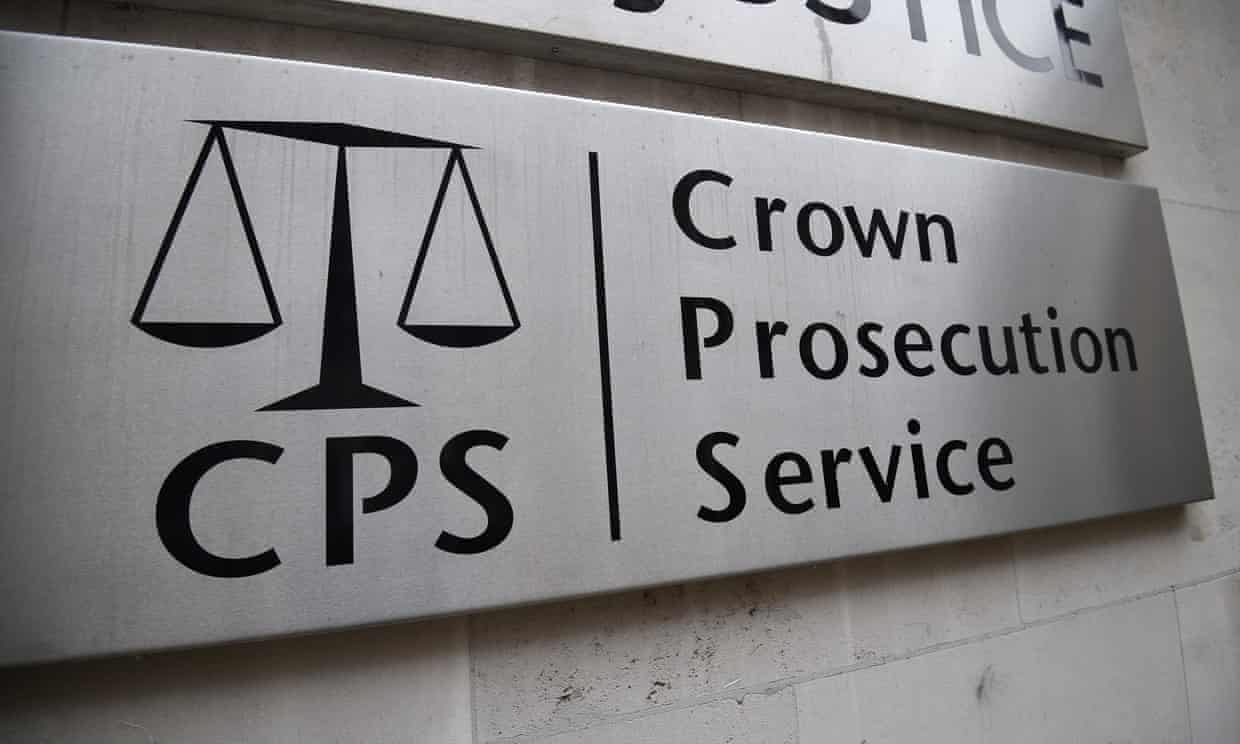
Drill music videos made by artists in the UK will now be used in court to prove suspects who deny any affiliation with gang-related offences, the head of the Crown Prosecution Service (CPS) has said.
Max Hill QC, the Director of Public Prosecutions, said the videos can also serve as a form of “admissible evidence for a jury to consider” if it helps prove the “modus operandi” of an attack.
Hailing from the streets of Chicago in the early 2010s, drill is a subgenre of US hip-hop and one that UK artists have been adapting in their own unique way since 2015. Popularly known for its vivid street tales and 808s-laced production, the UK drill scene is increasingly being cited in court cases to help establish motives, such as in the murder of Lyrico Steede in Nottingham.
In 2020, the BBC launched an investigation where it examined 67 trials over the course of 17 years where UK drill and rap was used as evidence. The broadcaster revealed that most cases took place in the two preceding years, which included allegations of murder and defendants who were young black men and boys.
Mr. Hill, who as a barrister with over 30 years’ experience in gang-related crimes, told the CPS how prosecutors often call on industry insiders to help juries understand what the evidence is believed to refer to.
Speaking at the opening of CPS West Midlands’ new unit, he said: “Drill music, by its nature, is supposed to shock, but it is not a crime and you have to put proper weight on that. What police officers, if anything, are [telling the court] is, ‘I’ve listened to it many times over, I can tell you what is being said; I can make a suggestion to what drug is being referred to.’”
However, a senior academic from Birmingham City University has voiced “serious concerns” over police experts who use evidence that displays a “significant impact and influence” on a jury’s verdict.
“If you look at the creativity behind drill, in some cases you will find a particular incident—be it a description of violence or otherwise—is open to interpretation,” Dr. Mohammed Rahman, a criminologist whose research focuses on organised crime in the West Midlands, said . “A case can be made for a particular piece of music that contributed towards mapping and understanding where a crime took place. But there are serious concerns about deciphering lyrics, be it drill or otherwise, by so-called experts who have worked on a few cases.”
He went on to say that “drill music has been around for 10 years. Have they been working on it since it emerged? What credentials do they have? How are they made aware of what the lyrics represent? How do they define that? It has more consequences than we can imagine.”

